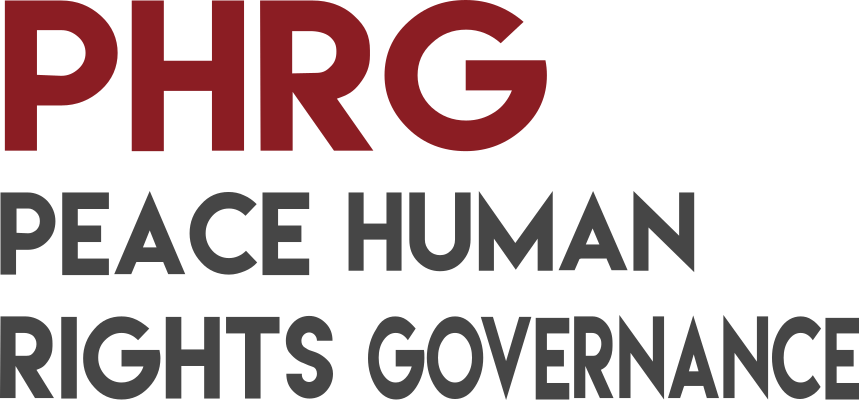Abstract
Official public order policing policy in England and Wales has apparently undergone significant changes in the period since the G20 meeting in London in 2009 in order to move towards a new ‘human rights compliant’ framework, based on dialogue, communication and a commitment to ‘facilitating’ peaceful protest, which was proposed as a necessary response to help the police service ‘adapt to the modern day demands of public order policing’ (HMIC 2009, 27). It was our aim in conducting this research to test this official position against the empirical reality of the policing of ‘anti-fracking’ protests across the UK. Drawing upon longitudinal case studies of the policing of UK-wide protests against ‘fracking’, this paper seeks to make a contribution to the growing body of academic research that seeks to evaluate the impact of the apparent policing policy changes on the ‘real-world’ day-to-day operational policing of such protests. In developing our analysis, we draw attention to the definitions of ‘acceptable’ and ‘unacceptable’ protest defined by the police and consider the extent to which these definitions are reflected in the police response to anti-fracking protest. The article suggests that, in the case of antifracking protests, an official policing commitment to a human rights approach to protest facilitation is at odds with the empirical reality.
Keywords
Download
Short D., Gilmore J., Jackson W., Monk H. (2020) "Policing the UK's anti-fracking movement: facilitating peaceful protest or facilitating the industry?
", Peace Human Rights Governance, 4(3), 349-390. DOI: 10.14658/PUPJ-PHRG-2020-3-3
Year of Publication
2020
Journal
Peace Human Rights Governance
Volume
4
Issue Number
3
Start Page
349
Last Page
390
Date Published
11/2020
ISSN Number
2532-3474
Serial Article Number
3
DOI
10.14658/PUPJ-PHRG-2020-3-3
Section
Articles

 © 2025 Padova University Press - Università degli Studi di Padova
© 2025 Padova University Press - Università degli Studi di Padova